AUSTRALIA'S ICONIC
MARINE LIFE
How well do you know Australia's marine life?
Stretching over 50,000 kilometres, Australia's coastline is a haven for some of the world’s most awe-inspiring marine biodiversity. But how well do you know the wonders lurking beneath the surface of our waters? Dive in and take this quiz to test your knowledge!
Need to brush up on your Australian marine life knowledge?
Read the blog below to learn more about some of the wonders in our oceans - and how to protect them.
Australia is blessed with some of the most diverse and fascinating marine ecosystems on the planet. From the majestic coral reefs of the Great Barrier Reef to the cliff-lined coastlines of South Australia’s Great Australian Bight to the whale superhighway along Western Australia, Australian waters are teeming with life and wonder.
Western Australia has the largest population of migratory Humpback whales in the world - with 35,000 of these majestic creatures travelling the stretch of coastline along WA to their Antarctic feeding grounds every year. Whale-watchers in Western Australia might also spot the stunning pygmy blue whale or southern right whale as they traverse the coastline.
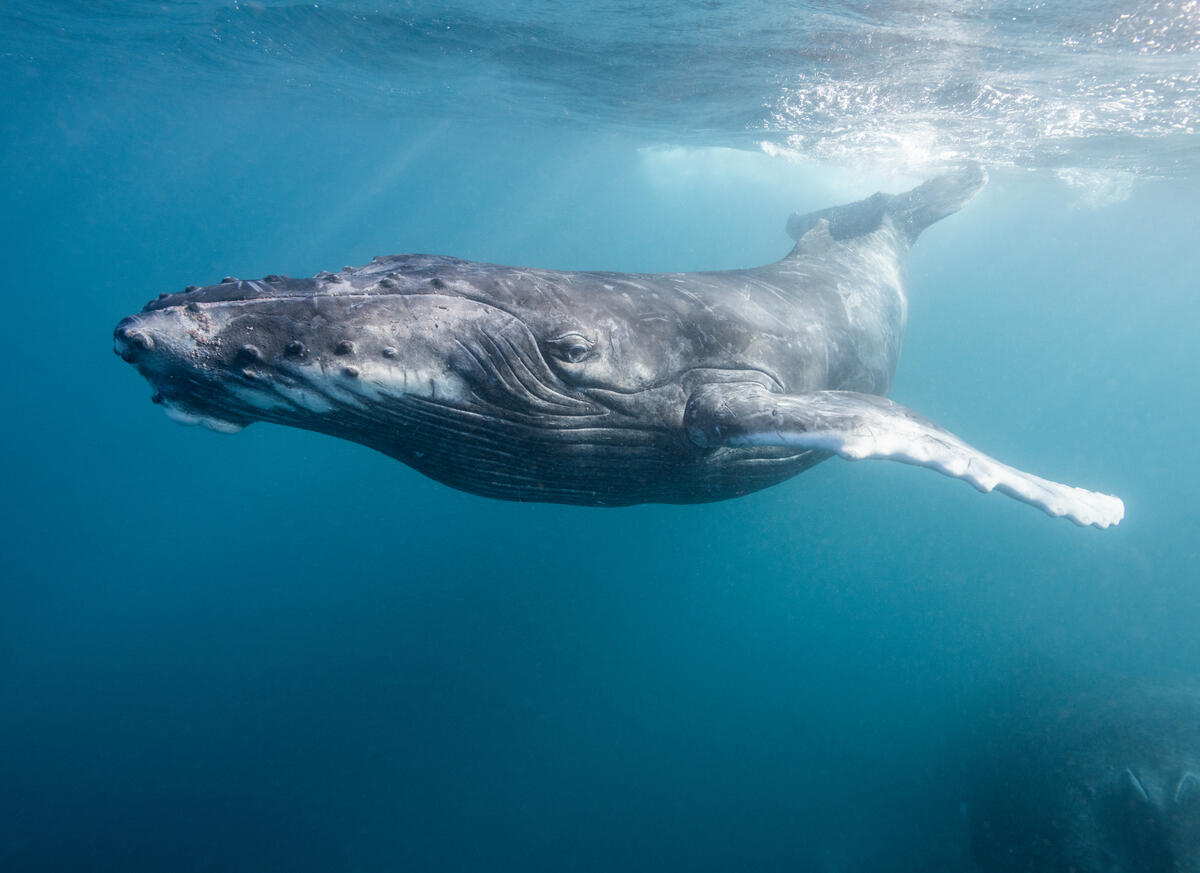
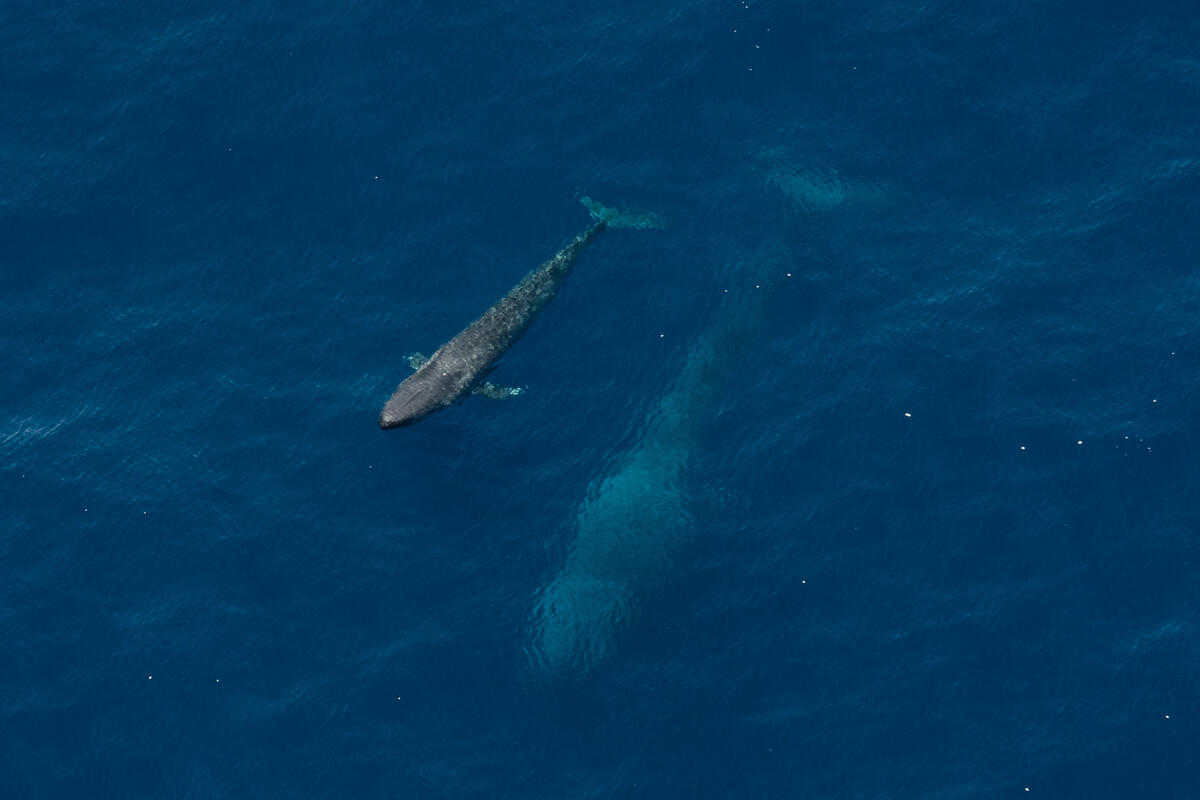
Australian waters also host an abundance of some of the world’s most stunning sharks. Whale sharks, the largest fish species in the world, can be found along Ningaloo Reef. These gentle giants, often growing up to a whopping 12 metres in length, are filter feeders, sieving plankton and small fish through their gills as they glide through the water.
If you venture a little deeper, you might stumble across some of Australia’s pelagic sharks - sharks who favour the open waters. Among these, a small group known to inhabit Australian waters are known to exhibit a fascinating display sometimes when hunting called breaching. Breaching, which has been observed in sharks such as the Great White, Shortfin Mako, and Thresher sharks, is when a shark launches itself out of the water and into the air in a spectacular display of power and agility.
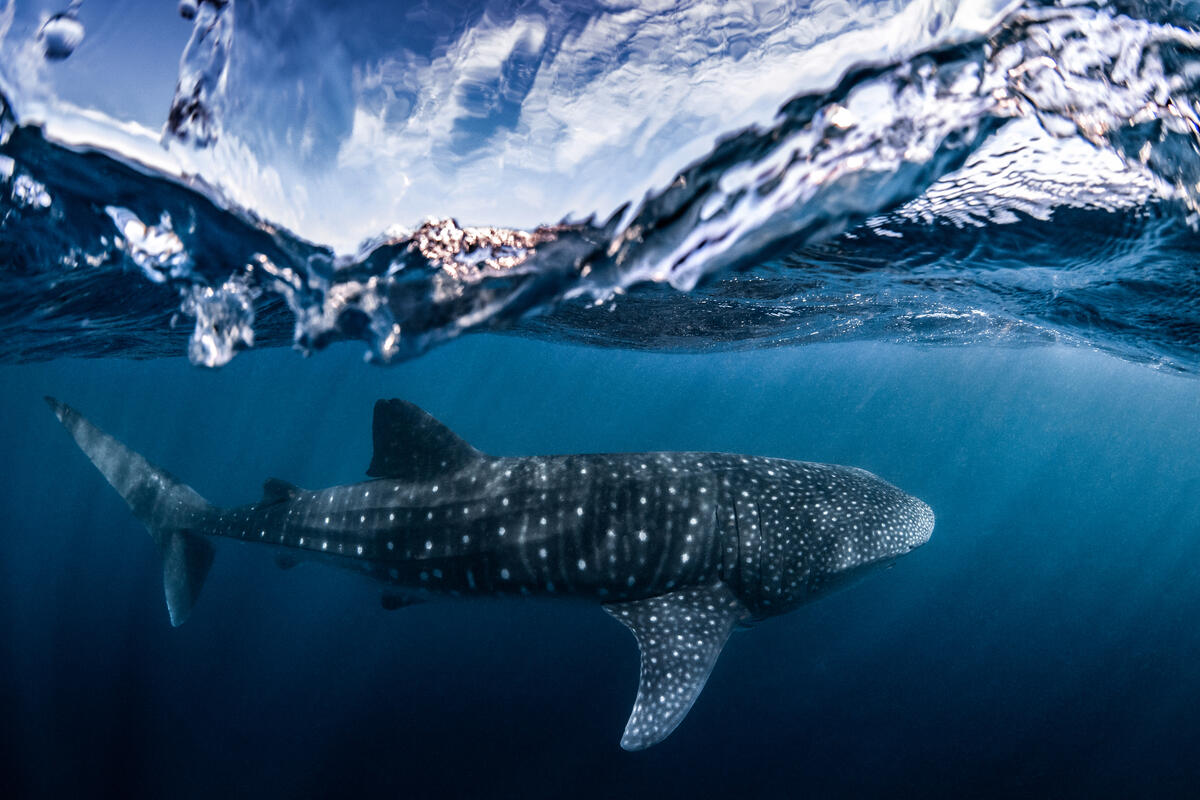
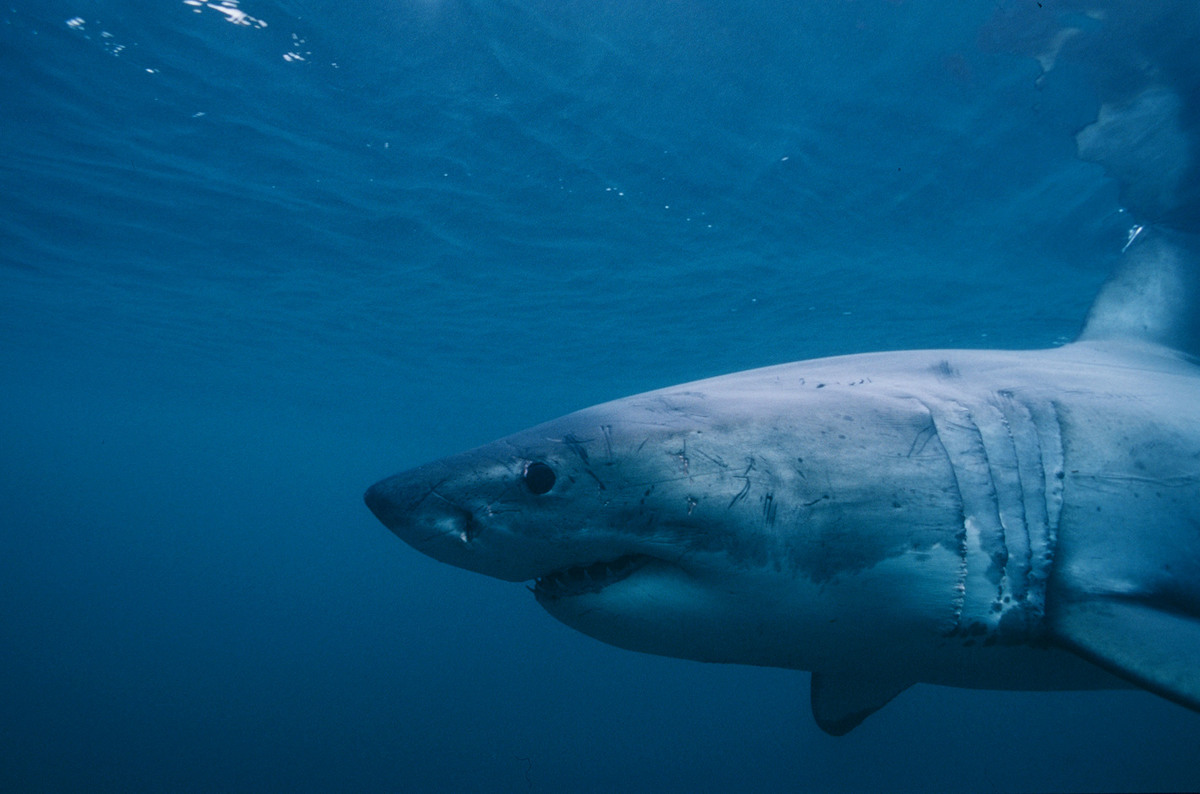
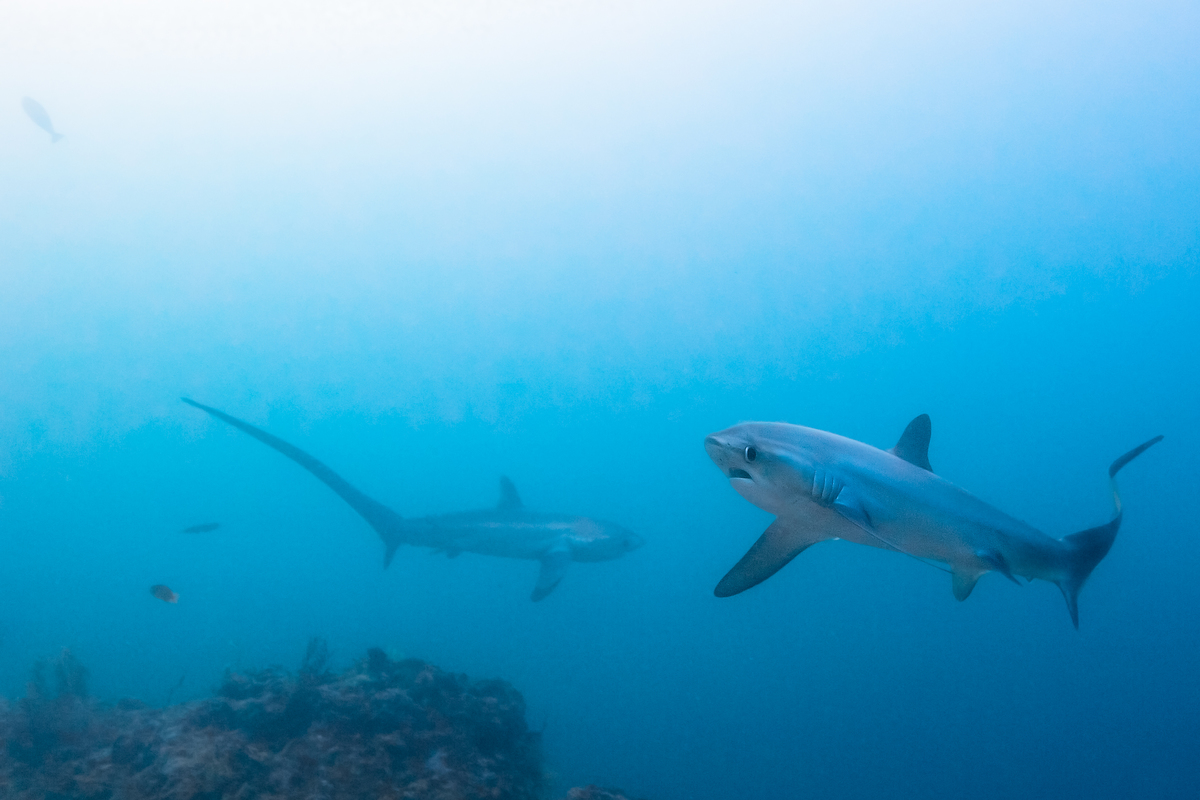
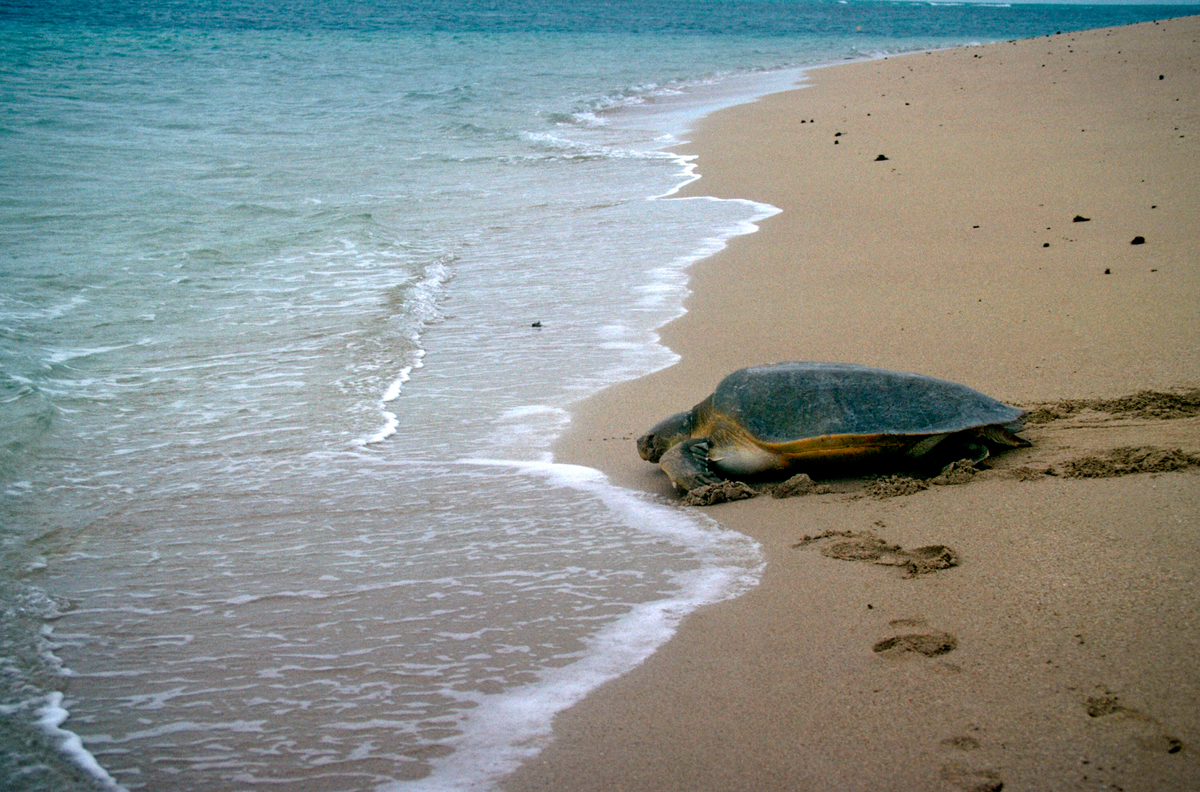
A sharp contrast to such powerful displays can be seen in the serene elegance and beauty of the turtles that call Australian waters home. Of the seven species of marine turtles in the world, six find their homes in Australian waters, including the leatherback turtle, the largest of all living turtles. In fact, Australia is lucky enough to have some of the largest marine turtle nesting areas in the Indo-Pacific region. One such turtle - the flatback turtle - can only be found in Australia!
While Australia's marine ecosystems are awe-inspiring, they are also currently facing significant threats from human activities. Pollution, overfishing, and climate change are pushing our oceans to the brink of survival.
We need to protect our oceans - not only are they home to some of the Earth’s greatest wonders, but they are also integral to maintaining a healthy planet.
Here at Greenpeace, we love our oceans and want to see them protected. This is why we’re pushing to create a global network of ocean sanctuaries, with a goal of having 30% of our oceans fully protected by 2030, so our marine life can recover and thrive. Recently, a Global Ocean Treaty was approved, but now we’re waiting on governments to sign it into law.
Join us in protecting the wonders found in our oceans and click below to sign our petition calling on Environment Minister Tanya Plibersek and Foreign Minister Penny Wong to urgently ratify the Global Ocean Treaty and create a sanctuary for the South Tasman Sea and Lord Howe Rise.
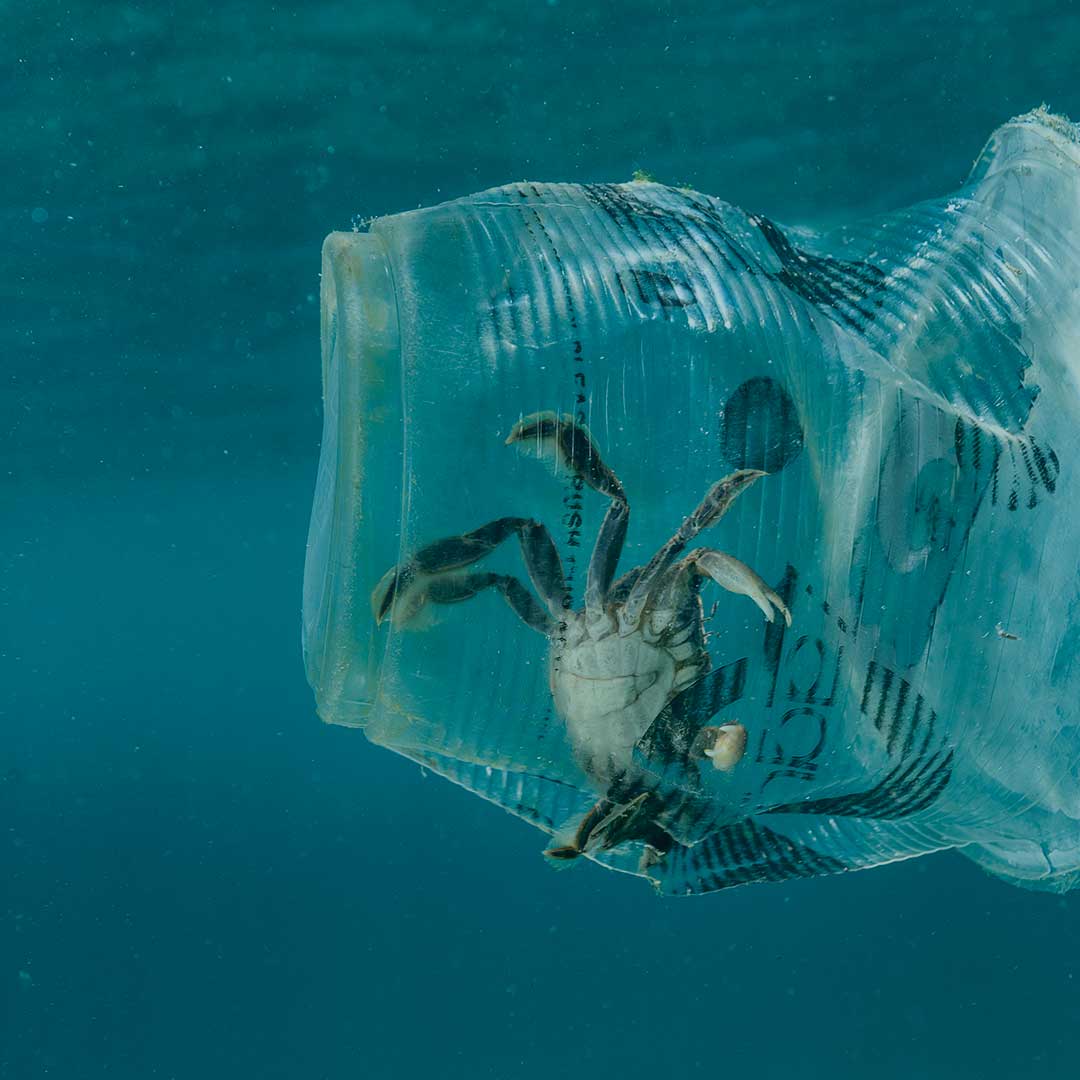
Sign the Petition
We need stronger ocean protections. Tell Minister Plibersek and Minister Wong to ratify the Global Ocean Treaty into law and start protecting our oceans!

